The noughties' struggles culminated in the year 2008. A fifth place finish in the league might have been considered appropriate for the situation (20 points difference between fourth and Suduva was much more difficult to swallow) however, as the country's economy prepared for the inevitable economic crisis budgets were cut, and the uncertainty grew Zalgiris suffered a huge hit when manager Vadim Kastujev was detained in Moscow. The club, which was stripped of its funds, survived until the close of the season, but was unable to satisfy the licensing requirements for top-flight contests during 2009. The future of the old club was uncertain, Zalgiris' fans formed the new club based in Phoenix named VMFD Zalgiris which had the same staff and players after a failed application for a Lyga license, it was able to join the second division.
An absence from the top flight proved challenging. Zalgiris placed sixth in the seven-team league. They were exiled from the competition in round of 16. They were defeated by the Sakuona Plikiai the team from an area with a population that is only 600. Despite this, Zalgiris was promoted up to A Lyga as the number of top-flight teams was increased. Several other clubs refused to sign due to the financial burden. Zalgiris finished the season in third place which was their best since 2001.
Its fortunes at Zalgiris were a steep climb from there. The club was afflicted with FBK Kaunas in complete turmoil and Vetra insolvent Ekranas over the course of a few years, Zalgiris became the undisputed leader for Lithuanian football. The green and whites were getting closer, however: Zalgiris took second in 2011, eight points behind but then closed the gap to one point in 2012. Additionally, in 2012, the Vilnius team finally finished their trophy drought of nine years and won the Lithuanian Football Cup, beating Ekranas with penalties after the draw. In the same year, Zalgiris return to European competitions, but the UEFA Europa League campaign proved to be brief: following a an 1-1 draw the team was eliminated in Vilnius, Admira Wacker Modling defeated Zalgiris 5-1 at the end of their qualifying round.
Zalgiris were thought to be a strong contender to win the title prior to the 2013 season began and for the majority of the season, it seemed like they would easily win the finals. Zalgiris held a lead of 11 points over Atlantas, who were second Atlantas with just five games remaining however four draws were followed, and prior to the final game of the season, the gap at the top diminished to three points. In the final game of good form Zalgiris did not prove to be a challenge against Suduva and throughout the game, the prospect of a an end-of-season decider at a neutral stadium appeared to be quite likely. In a highly tense environment, it was Atlantas that let it slide as they were able to draw the match with Banga Gargzdai. Zalgiris were ecstatic about their first title in 14 years. The victory in the Cup finale against Siauliai signified that the double was achieved, the first time since 1991. The year's success was followed by a successful performance in the UEFA Europa League where Vilnius was eliminated by St. Patrick's Athletic, Pyunik Yerevan, and Lech Poznan before losing out to Red Bull Salzburg.
In 2014, defending the title was a far easier task. Zalgiris ended the season 18 points ahead from second placed Kruoja Pakruojis (the most significant scoring margin for the league in) and also won the title at the 3rd time in a series, defeating Banga Gargzdai 2-1 in the final. Zalgiris made a return into the UEFA Champions League after fourteen-year absence but it did not provide much satisfaction in the end as Dinamo Zagreb beat Zalgiris 4-0 on aggregate in the second qualifying round.
In May of 2015, Zalgiris was awarded the Lithuanian cup for the record-breaking fourth time in a series, defeating Atlantas by 2-0 during the championship final. UEFA Champions League campaign was only two matches as Malmo took the match in Vilnius 1-1 after a goalless opening game in Sweden. Zalgiris ended the season on top in the table, 10 points ahead of second-placed Trakai and claiming their third consecutive title.
The 2016 campaign saw Zalgiris maintained its supremacy in Lithuanian football, winning a the fourth consecutive league title and, most importantly two cup victories. LFF Cup was rescheduled to take place from the spring to autumn in the year. Consequently, two tournaments were played in that season. Zalgiris took the lead in the first final in May, with a 1-0 extra time victory against Trakai and then followed that with a 2-0 win against Suduva on September. European experience was painful as after an uncontested draw in the opening game of the final in Vilnius Zalgiris was just a hair away of eliminating Astana and then conceded an injury time goal and be defeated by 2-1.
For the season of 2017, Zalgiris were unable to make the cut for the Champions League's qualifying rounds again in 2017. Their their impressive win in the first leg against Ludogorets Razgrad and an early goal scored by Serge Nyuiadzi in the second match were wiped out by four consecutive goals scored by the Bulgarian team. In September of 2017, Zalgiris reached the seventh consecutive final of the cup, and they fell to Stumbras who were at their very first final. Zalgiris did not win the title of league champions, and had the highest position in the standings up to October 2017 however a late march by Suduva resulted in them winning their first championship ever.
In the season of 2018, Zalgiris finished in second position after Suduva held on to their league title. Zalgiris won the cup in a rerun of the final last year when they beat Stumbras. In the UEFA Europa League, Zalgiris advanced to the third qualifying round in which they fell to Spain's Sevilla in what was their most impressive result on the field in European tournament since 2013,, when they made it to the play-off round of qualification for the UEFA Europa League.
In November of 2018, Zalgiris announced that Deividas Cesnauskis and Deividas Semberas joined the club. Cesnauskis was named director of sports while Semberas director of operations for sports.
In the 2019 preseason, the head coach Valdas Urbonas signed a contract with the Lithuanian Football Federation and became the head coach of the Lithuania the national team. Zalgiris was then named Marek Zub who had been previously working at Zalgiris, as the club's head coach. On the 15th of July 2019, Zub quit Zalgiris. Joao Luis Martins was made available following the dissolution FC Stumbras, took on the role as the head coach on a temporary basis until the conclusion in the current season.
In January of 2020, Zalgiris announced the appointment of Juan Ferrando as head coach. But, Ferrando was forced to withdraw due to health problems. In the same month, Alyaksey Bha was named the new team's head coach. He began his tenure with win in the Lithuanian Supercup on 29 February against champions FK Suduva. Zalgiris was later crowned his first title in 2020 A Lyga.
In July 2022, following defeating Malmo by 3-0 during the Champions League second qualifying round, Zalgiris made history by guaranteeing themselves group stage soccer for the duration of the season. They faced Ludogorets at the Play-off match of the Europa League, but lost by a score of 1-0 and then fell into the Conference League group stage. It was their first Lithuanian club to be selected for the groups stages of an UEFA tournament for clubs.
Zalgiris were then relegated to Group H along with Swiss veteran Basel, Slovakian champions Slovan Bratislava and Armenian champions Pyunik.



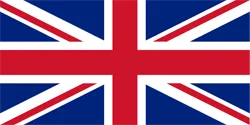 ENG
ENG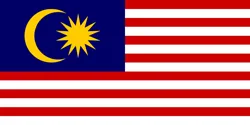 MYS
MYS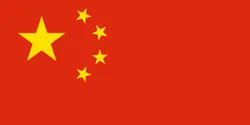 简体中文
简体中文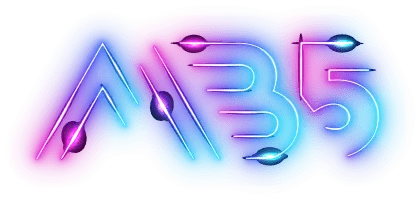





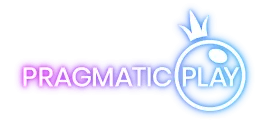










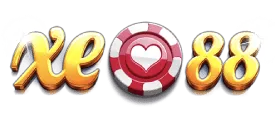

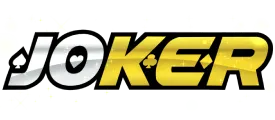


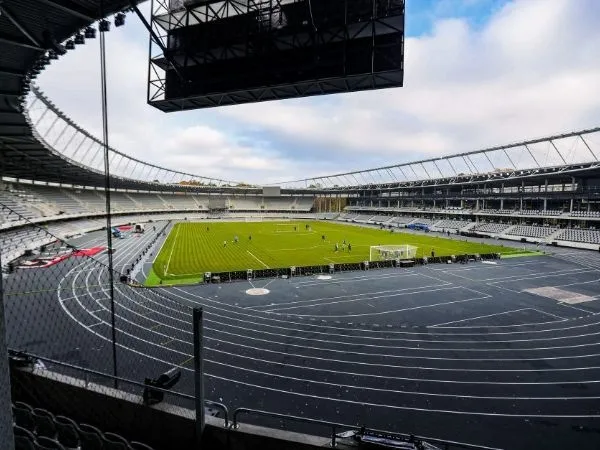
 Vilnius
Vilnius Nike
Nike Transpartner logistics
Transpartner logistics AUT
AUT ARG
ARG KAZ
KAZ COD
COD BRA
BRA SVK
SVK CRO
CRO SRB
SRB NGA
NGA MNE
MNE GHA
GHA FRA
FRA Dinamo Tbilisi
Dinamo Tbilisi
 Honvéd
Honvéd























 Soviet Championship:
Soviet Championship: Petras Glodenis
Petras Glodenis 1988 Summer Olympics
1988 Summer Olympics UEFA Euro 1988
UEFA Euro 1988 Pavel Komolov
Pavel Komolov Mamadou Mbodj
Mamadou Mbodj Mahamane Traoré
Mahamane Traoré Serge Nyuiadzi
Serge Nyuiadzi Yury Kendysh
Yury Kendysh Iulian Bursuc
Iulian Bursuc Semir Kerla
Semir Kerla João Luís Martins (15 July 2019 – 27 November 2019)
João Luís Martins (15 July 2019 – 27 November 2019)